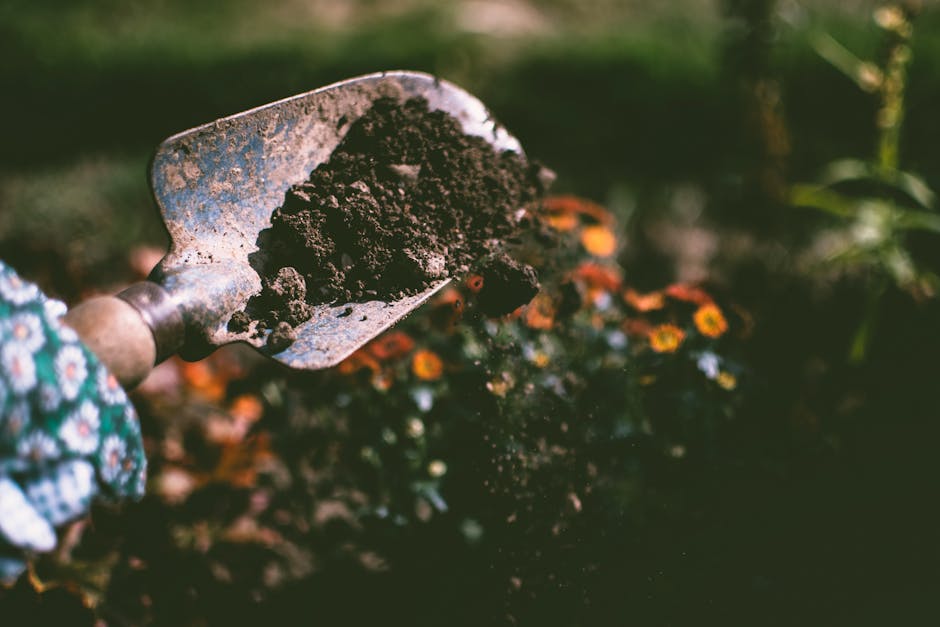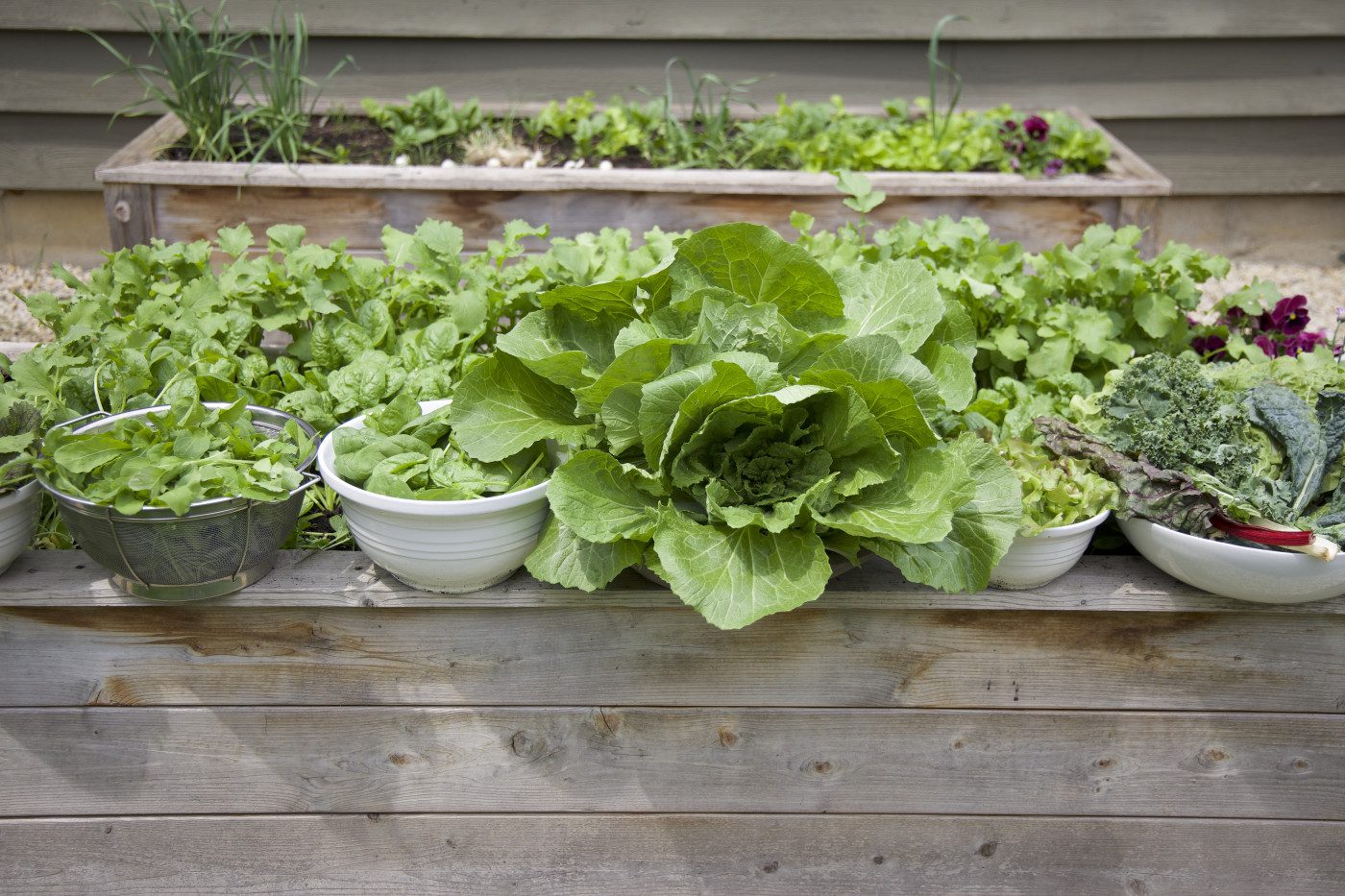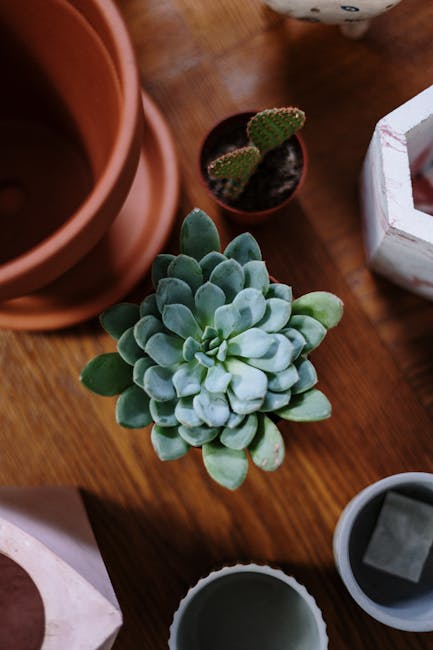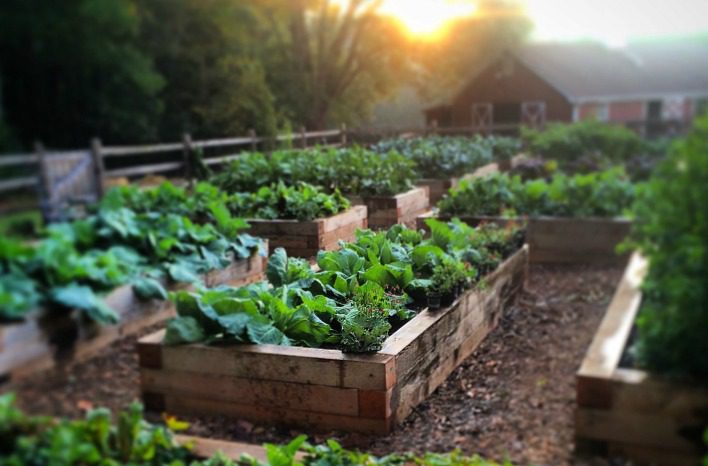Spring is just around the corner, and that means it’s time to start preparing your garden for a season of vibrant growth and delicious bounty. If you want to cultivate the healthiest, most flavorful vegetables possible, then it all starts with the soil. Organic vegetable soil is the secret ingredient that will nourish your plants and help them thrive. So roll up your sleeves, grab your trowel, and get ready to dig into delicious with our guide to creating the perfect organic soil for your garden.
Table of Contents
- 1. Get Your Hands Dirty: The Joys of Organic Gardening
- 2. Planting the Seeds of Success: Tips for Building Healthy Vegetable Soil
- 3. From Trash to Treasure: How Composting Can Enhance Your Garden
- 4. Growing Goodness: The Benefits of Using Organic Soil in Your Garden
- 5. Sow, Cultivate, Harvest: The Simple Pleasures of Nurturing Your Garden Grown Goodies
- Q and A

1. Get Your Hands Dirty: The Joys of Organic Gardening
One of the greatest joys of organic gardening is the satisfaction of getting your hands dirty in the soil. There’s something magical about feeling the earth between your fingers and connecting with nature on a deeper level. As you dig, plant, and tend to your garden, you’ll find yourself lost in the moment, taking in the sights and sounds of the outdoors.
When you choose to grow organically, you’re not just cultivating plants – you’re fostering a healthy ecosystem that benefits both you and the environment. By using natural fertilizers and pesticides, you’re creating a sustainable garden that supports biodiversity and helps protect pollinators like bees and butterflies. The colorful blooms and delicious harvests that result from your efforts are a testament to the power of organic gardening.
As you watch your garden flourish, you’ll develop a sense of pride and accomplishment knowing that you’re providing your family with fresh, nutritious produce that you’ve grown with your own two hands. Whether it’s juicy tomatoes, crisp cucumbers, or vibrant flowers, each harvest will be a reminder of the love and care you’ve poured into your garden. So roll up your sleeves, grab your trowel, and get ready to experience the joys of organic gardening firsthand!

2. Planting the Seeds of Success: Tips for Building Healthy Vegetable Soil
Spring is the perfect time to start preparing your vegetable garden for a bountiful harvest later in the season. One of the most crucial steps is to ensure you have healthy soil that will nurture your plants and help them thrive. Here are some tips to help you build nutritious soil that will set the foundation for a successful growing season.
**Compost, compost, compost:** Adding compost to your soil is like giving it a power boost of nutrients. Not only does compost help improve soil structure and moisture retention, but it also provides essential nutrients for your plants to grow strong and healthy. Start by creating a compost pile or bin in your backyard and add a mixture of kitchen scraps, yard waste, and other organic materials. Regularly turning and aerating the compost will speed up the decomposition process, resulting in nutrient-rich compost for your garden.
**Mulch for the win:** Mulching your garden beds is a game-changer when it comes to building healthy soil. Mulch helps regulate soil temperature, suppresses weeds, and retains moisture – all essential factors for optimal plant growth. Use a layer of organic mulch, such as straw, grass clippings, or shredded leaves, to cover your garden beds. Not only will mulch keep your soil healthy, but it will also give your garden a neat and tidy appearance.
3. From Trash to Treasure: How Composting Can Enhance Your Garden
Composting is like magic for your garden, turning what might seem like trash into valuable treasure. By breaking down organic materials like kitchen scraps, yard waste, and even newspaper, you can create nutrient-rich soil that will help your plants thrive.
Not only does composting benefit the environment by diverting waste from landfills, but it also helps improve soil structure, retain moisture, and suppress plant diseases. Plus, it’s a cost-effective way to fertilize your garden without relying on chemical products.
Get started by setting up a compost bin in your backyard or even using a small countertop container for kitchen scraps. Remember to layer green materials like fruit peels and grass clippings with brown materials like leaves and shredded paper. Before you know it, you’ll have a beautiful, crumbly compost that will make your garden the envy of the neighborhood!
4. Growing Goodness: The Benefits of Using Organic Soil in Your Garden
Are you looking to take your gardening game to the next level? Well, look no further than using organic soil in your garden! Not only does organic soil provide a wealth of benefits for your plants, but it also contributes to a healthier environment overall.
One of the key advantages of using organic soil is that it is free from harmful chemicals and pesticides that can negatively impact the health of your plants, as well as your own well-being. By using organic soil, you can rest assured that your garden is a safe and natural environment for your plants to thrive in.
Moreover, organic soil is rich in essential nutrients that are vital for the growth and development of your plants. From nitrogen to phosphorus to potassium, organic soil provides everything your plants need to flourish and produce bountiful harvests. So, why wait any longer? Make the switch to organic soil today and watch your garden truly come to life!
5. Sow, Cultivate, Harvest: The Simple Pleasures of Nurturing Your Garden Grown Goodies
Step into your garden and breathe in the fresh scent of earth. The simple act of **sowing** seeds in the soil is like planting a little piece of hope for the future. As you carefully **cultivate** your plants, nurturing them with water and sunlight, you can’t help but feel a sense of joy and satisfaction. Watching your garden grow and thrive is a truly rewarding experience.
There’s something magical about the process of **harvesting** your own homegrown goodies. The sun-ripened tomatoes, the crisp cucumbers, the juicy strawberries – each one a testament to your hard work and dedication. As you pluck each fruit or vegetable from the vine, you can’t help but feel a sense of pride. These are the fruits of your labor, quite literally.
And then comes the best part – enjoying the fruits of your labor. Whether it’s a simple salad made with fresh greens from your garden or a hearty stew filled with homegrown vegetables, there’s something extra special about eating food you’ve grown yourself. It’s not just about the taste, but also about the connection you feel to the earth and the cycle of life. So keep on sowing, cultivating, and harvesting – the simple pleasures of gardening will always bring a smile to your face.
Q and A
Q: What is organic vegetable soil and why is it important for our gardens?
A: Organic vegetable soil is nutrient-rich soil that is free from synthetic chemicals or pesticides. It is important for our gardens because it provides essential nutrients for our plants to thrive, while also promoting healthy soil organisms and reducing environmental impact.
Q: How can I create my own organic vegetable soil?
A: You can create your own organic vegetable soil by combining compost, manure, and other organic materials to enrich your existing soil. This will ensure that your plants receive the necessary nutrients without harmful chemicals.
Q: What are some benefits of using organic vegetable soil?
A: Using organic vegetable soil can improve soil fertility, increase water retention, reduce erosion, and promote healthy plant growth. It also helps to maintain a balanced ecosystem in your garden by supporting beneficial insects and microbes.
Q: How often should I add organic vegetable soil to my garden?
A: It is recommended to add organic vegetable soil to your garden at least once a year, preferably in the spring before planting season. You can also top dress your existing soil with compost throughout the growing season to replenish nutrients.
Q: What are some common misconceptions about organic vegetable soil?
A: One common misconception is that organic vegetable soil is more expensive than traditional soil amendments. In reality, creating your own organic soil can be cost-effective and sustainable in the long run. Another misconception is that organic soil is less effective than chemical fertilizers, when in fact it can provide equal or better results without harmful side effects.
As you embark on your organic gardening journey with our helpful tips and tricks, remember that nourishing your garden with nutrient-rich soil is the key to cultivating delicious and healthy fruits and vegetables. By choosing to go organic, you’re not only benefiting your own health and well-being, but also the health of our planet. So dig in, get your hands dirty, and watch as your garden flourishes with vibrant and mouth-watering produce. Happy gardening!



